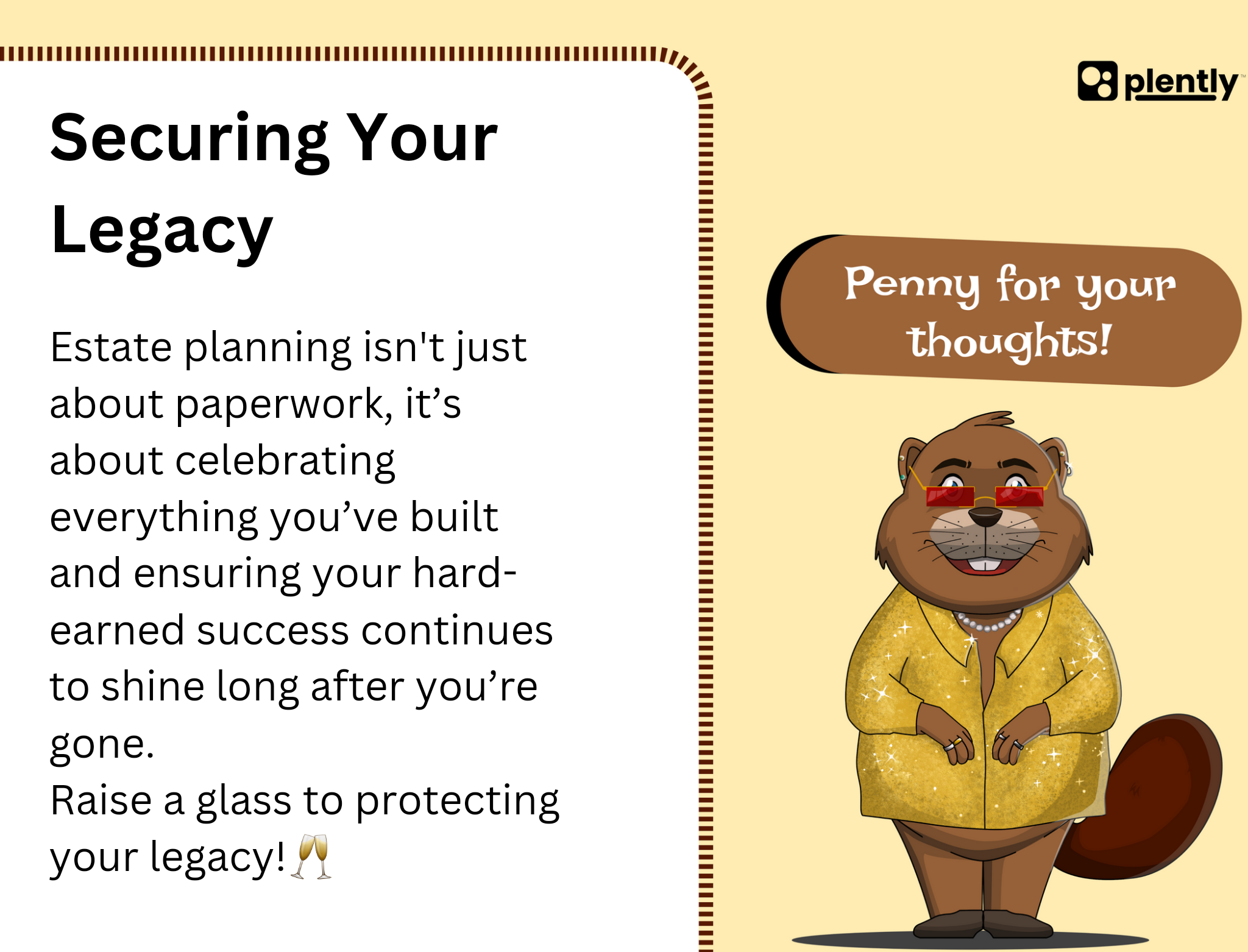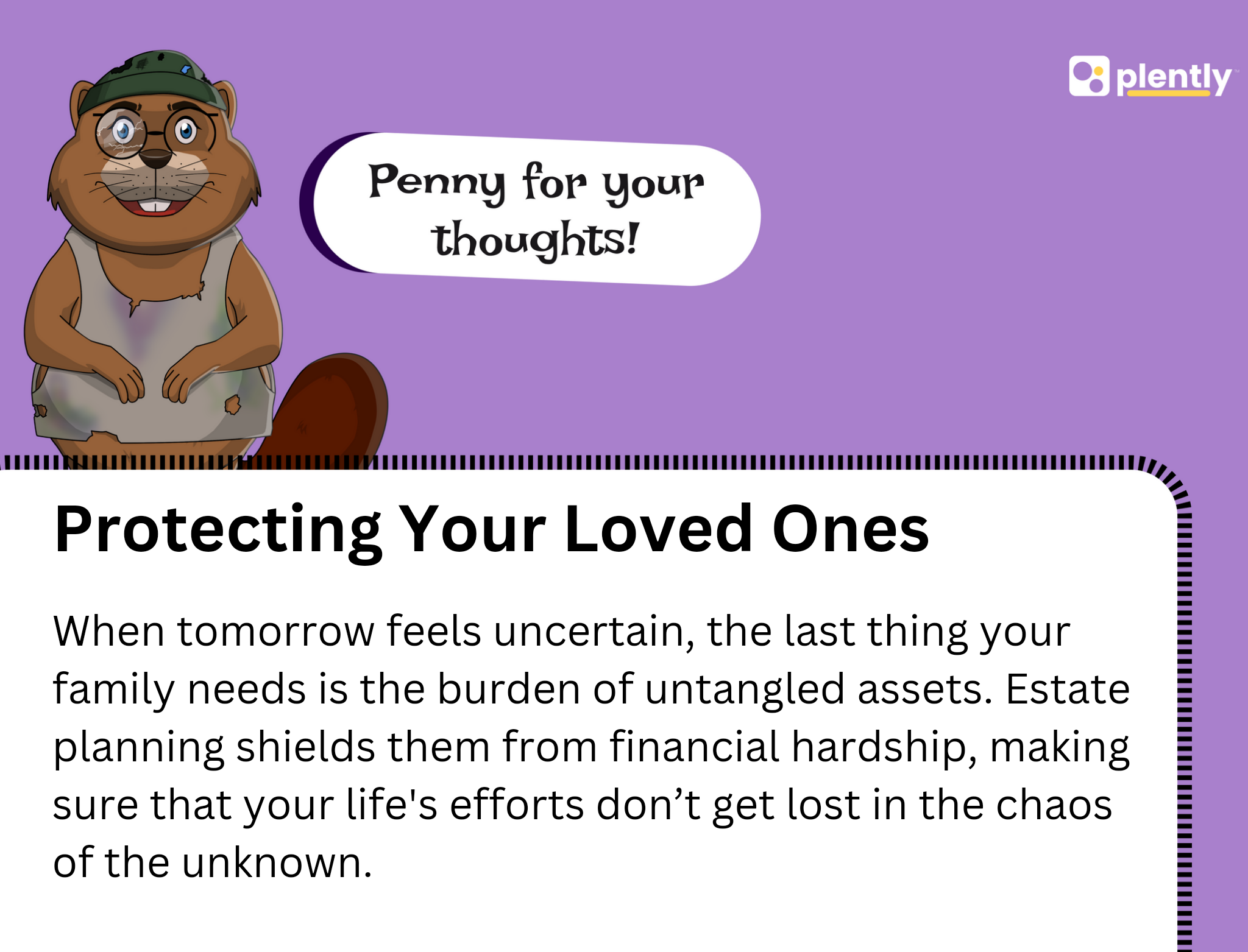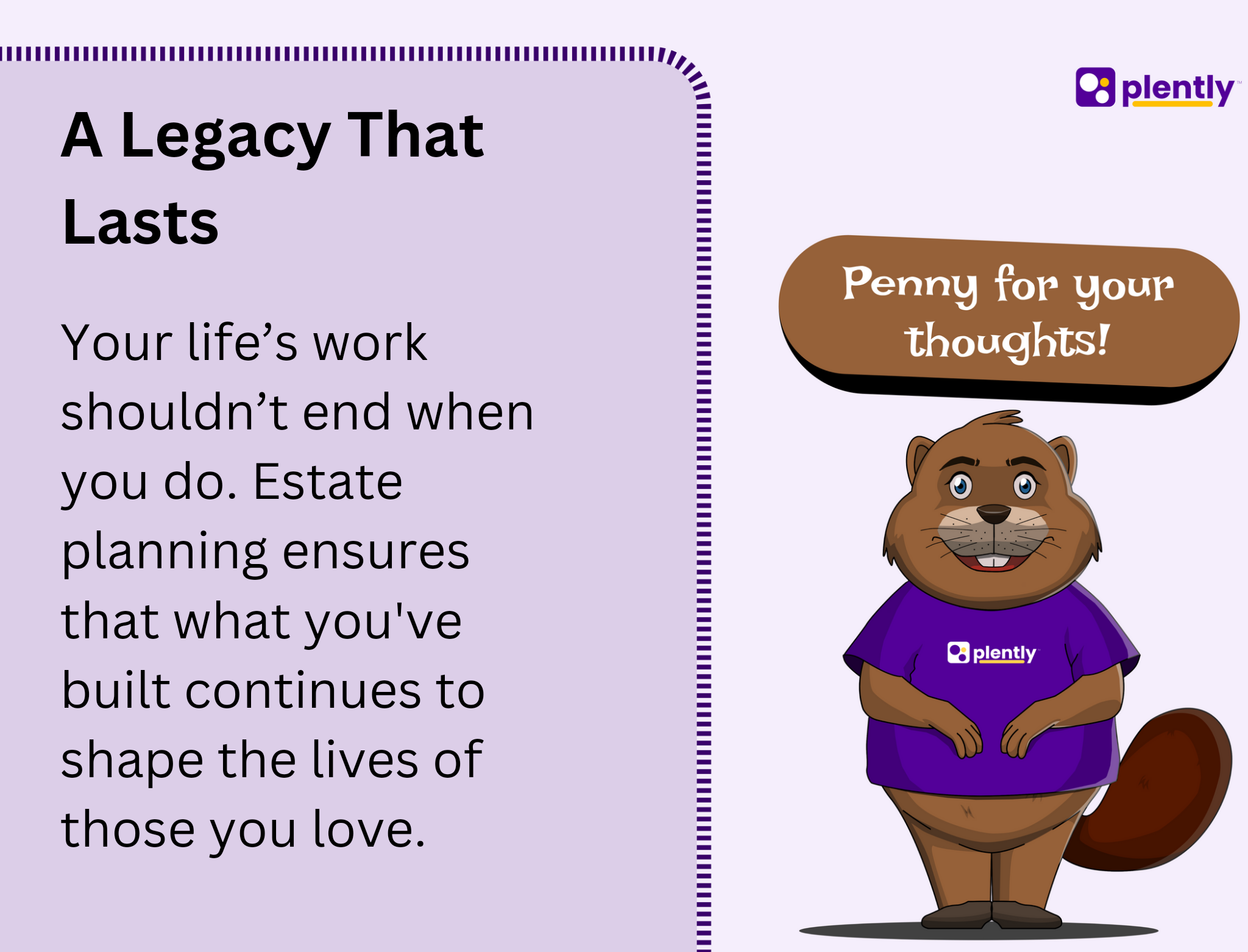The Basics of Estate Planning
5 mins read
Published on Oct 11, 2024

Introduction
Estate planning is one of the most important steps you could take toward securing the future of yourself and your loved ones. And even though we often spend a lot of time ensuring that our retirement is properly invested so that we can live comfortably, what about after?
Estate planning ensures that when the time comes, your assets are managed and distributed exactly how you want. It’s more than just writing a will; it involves thinking about who will handle your finances, how your property will be distributed, and even making decisions for your health if you can’t make them yourself.
If you have started preparing for retirement, congratulations. You are well on the way. Estate planning, however, is another story altogether; it's about the protection of what you have struggled to get and seeing that your wishes are granted. Now, we'll look into the key components of estate planning, how they work together, and why this concept is important for your legacy.
What is Estate Planning?
On a basic level, estate planning is the process of planning and organizing who gets what of an individual's assets after they are deceased. This isn't just property, real or otherwise, such as a house or car; this encompasses everything from retirement savings and investments to sentimental items that include family heirlooms. Other areas of estate planning include naming guardians for minor children, creating any funeral arrangements, and stating how taxes or debts are to be dealt with.
Estate planning ensures that the people you care about are taken care of and helps avoid possible legal battles or complications. If no proper planning has been done, the courts could even decide who gets parts of your assets upon your death—a process that might put unnecessary stress on your loved ones. Just as critical as retirement planning, estate planning helps safeguard your legacy.

Key Components of Estate Planning
Estate planning is not only about having a will. A number of components put together constitute a complete estate plan:
1. Will: A legally executed document stating the way in which you want your assets to be distributed.
2. Power of Attorney: The POA is a document that appoints someone else to handle everything to do with you in matters of finance and law in case you get incapacitated.
3. Healthcare Directive: This can also be termed to mean a living will. This spells out what a patient would want concerning medical treatment if he/she were unable to make decisions.
4. Trusts: A trust allows you to transfer your assets to a trustee who manages them in service of your beneficiaries. The beauty is that, much like with joint tenancy, trusts both avoid probate and may have beneficial implications for income tax.
5. Beneficiary Designations: Many retirement accounts, life insurance policies, and even pensions allow direct beneficiary designation. In this way, at the time of your death, those assets will bypass probate.
All these work together to ensure that your estate is managed expeditiously without anything that may cause cumbersome delays or disputes. And remember, your estate plan goes hand in glove with your retirement plan. If you have been diligently saving for your retirement, your estate plan will make sure those assets are distributed according to your wishes.
Why Estate Planning Matters
Why bother with estate planning? In one simple phrase: peace of mind. If you do not have an adequate estate plan in place, your estate could end up in probate, a sometimes painfully slow and expensive court procedure whereby assets are distributed. Worse yet, in the absence of clear instructions, your loved ones may be in for arguments or confusion about what you wanted.

Estate planning isn't just for the ultra-rich. Whether you have a little or a lot, making these decisions now will spare your family from additional stress later. In addition, estate planning isn't just about money—it's about ensuring your healthcare wishes are followed if you are unable to speak for yourself and that your children are cared for by the guardians you choose.
For many, estate planning is the next natural step after retirement planning. After all, what good is building wealth if you can’t protect it for the next generation? Your retirement plan ensures you live comfortably in your golden years, while your estate plan ensures that the people you love benefit from what you’ve built.
Conclusion
Estate planning sounds like a formidable task, but actually, it is one major step that you should take for your family's protection in the future. Whether it's your retirement savings are passed on or you're making healthcare decisions in advance, estate planning serves to provide you with control and peace of mind. It works in tandem with retirement planning, completing the financial circle.

If you've started to think about retirement, this is an ideal time to continue with a successor step in estate planning. Want to know more about retirement strategies? Refer to our retirement planning guidebook for every age here. And stay tuned for the next post, where we are going to go into detail about hacks and tips for estate planning that will help you get the most out of your financial decisions.
Last updated: Oct 11, 2024
Share this with your friends and family
Join the money party
Level up your financial game with our exclusive blog updates, delivered straight to your inbox
Other articles you might enjoy
Join other Plently users on the journey to simpler money management
Get started on Plently
Rosemary D.
Phia Consultants
It's like having the best financial partner in my pocket!

Jonathan G.
Open Space Inc
Plently has truly transformed my financial life.

Emily H.
Student
With their user-friendly interface and innovative tools, managing my money has become a breeze.

Margaret D.
Small Business Owner
I finally feel in control of my finances, thanks to Plently!

Alexander P.
Small Business Owner
After Plently, I can't imagine going back to traditional banking!

Oliver A.
Student
Being a part of a Money Circle has been a game-changer for me. It's not just about financial contributions; it's a supportive community working together towards shared goals





Loading comments...